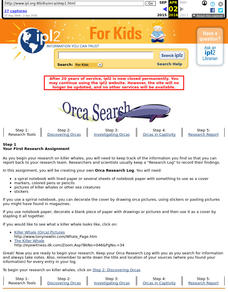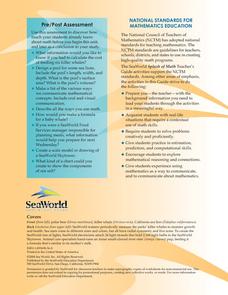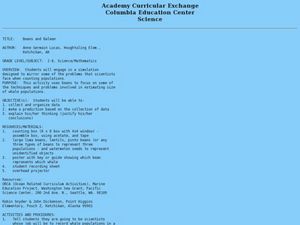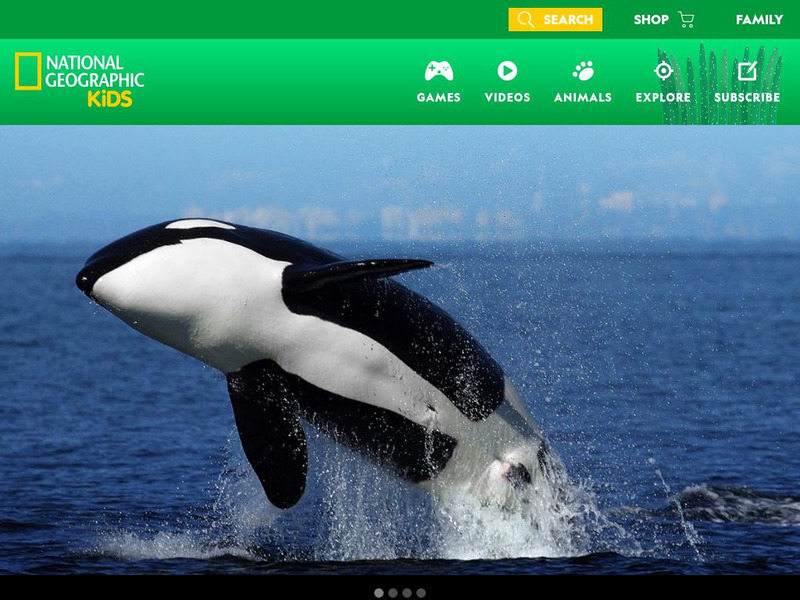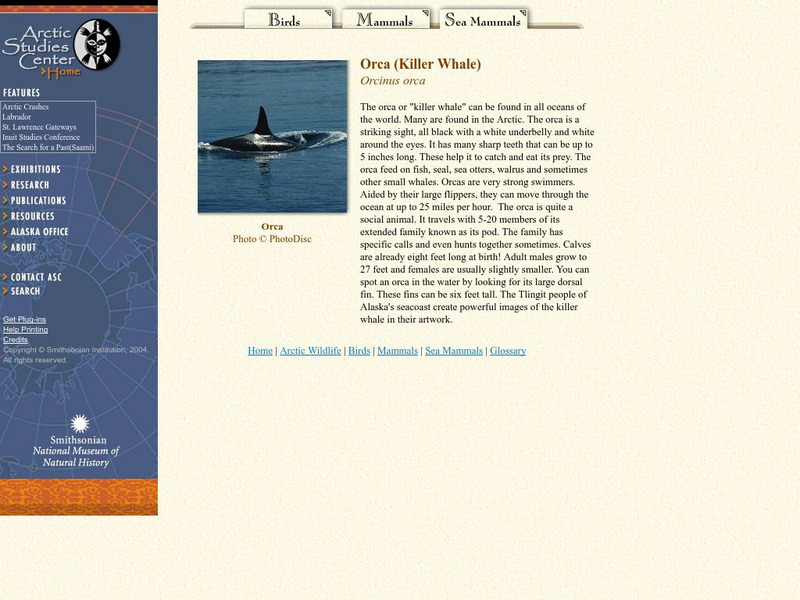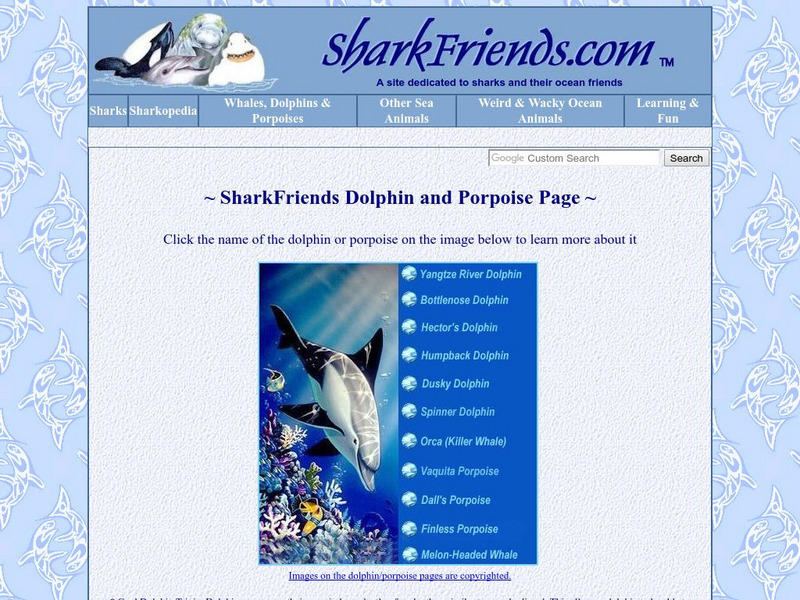Curated OER
Researching Orca Whales
Pupils research orca whales as they begin to create a research report. Guidelines for research are provided, as well as photos, websites, etc.
Curated OER
Who Would Win? Killer Whale vs. Great White Shark Storia Teaching Guide
Teacher guides are wonderful tools with tons of ideas that help you relate content in many different ways. Using the high-interest book, Who Would Win? Killer Whale vs. Great White Shark, learners hone their discussion and reading...
Curated OER
Ocean Life
Young scholars examine the fossil remains of ancient sea creatures. They create casts of fossils and identify how sea fossils are formed and consider what type of information fossils can give to scientists.
Curated OER
The Sights and Sounds of Orcas
Learners investigate the orca whale. They participate in an online Webquest, listen to whale vocalizations online, answer discussion questions, and locate and read newspaper articles on marine mammals and orca whales.
Curated OER
ESL: Sea Animals Activity
In this ESL sea animals worksheet, students watch a video about sea animals, then identify names of animals shown in pictures.
Curated OER
Orca United Nations
Learners study the differences between sets of data and explain how organisms are adapted to their environment. In this marine mammals lesson plan students analyze data based on set criteria.
Curated OER
Steller Sea Lions
In this Steller sea lions worksheet, students read information and do activities on four pages. Students put life cycle events in chronological order.
Curated OER
Baleen Whales vs. Toothed Whales
Second graders review mammal characteristics and study two types of whales. In this mammal study lesson, 2nd graders discuss mammals and define their five characteristics. Students complete a whale worksheet and define differences...
Sea World
Splash of Math
How can kids use math to learn about marine life? Combine math skills with science lessons in a resource featuring activities about life in the sea. Kids graph and calculate data, solve complex word problems, measure geometric shapes,...
Curated OER
Beans and Baleen
Predict whale populations using different beans as whales! Learners observe different types of beans in a dish knowing that each bean represents a different kind of whale. They then predict how many "whales" there are in a certain area....
Curated OER
Internet Field Trip: Simple Machines
Students research simple machines. In this physics lesson, students participate in a WebQuest to gain knowledge about simple machines. WebQuest activities and worksheets are included in this lesson.
Australian Broadcasting Corporation
Australian Broadcasting Corporation: Oceans Alive: Whale Dreams
You can click on whale spotting in Australia, types of whales, global whale sanctuary and whale songs. View maps and diagrams that can help you spot whales.
National Geographic Kids
National Geographic Kids: Animals: Orcas
Orcas, more commonly known as killer whales, are featured on this multimedia site. These video clips, audio clips, photographs and facts will be very beneficial to students doing research projects.
Society for Science and the Public
Science News for Students: Sleepless at Sea
Can you go for a month without sleeping? Most mammals can't, but scientists have found some marine mammals that do. Find out why some orcas and dolphins don't sleep for weeks at a time.
Smithsonian Institution
National Museum of Natural History: Arctic Studies Center: Killer Whales
This site provides a very brief overview of the orca or "killer whale."
Other
Shark Friends Dolphin and Porpoise Page
Dive down deep with these adorable sea creatures and users discover more about them. Includes information on all different types such as the Humpback, Orca, Spinner and many more!
Ducksters
Ducksters: Dolphins
Kids learn how dolphins eat, sleep, and live together. Bottlenose dolphins and orcas travel the ocean in pods.


